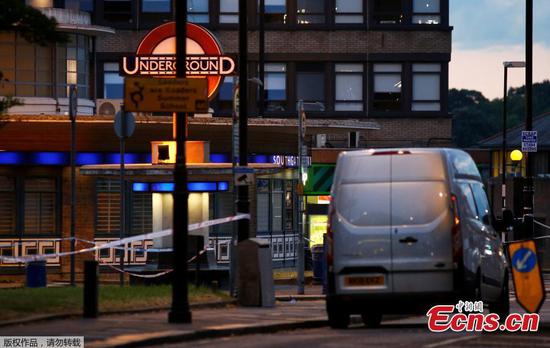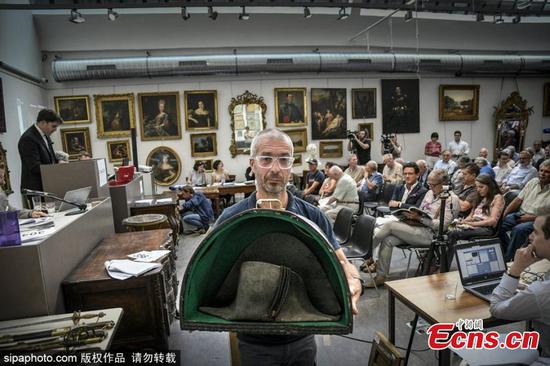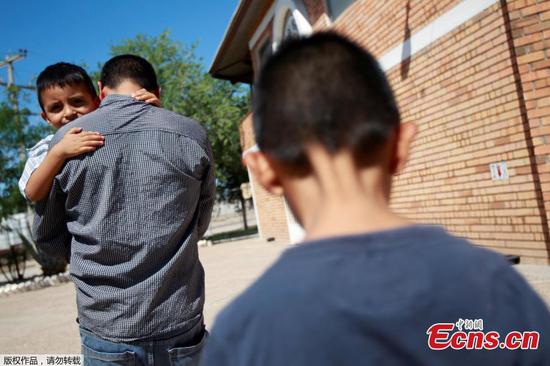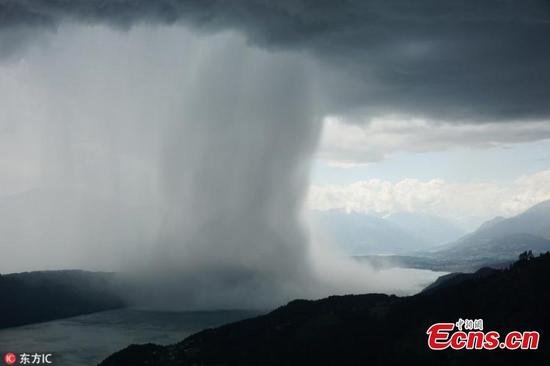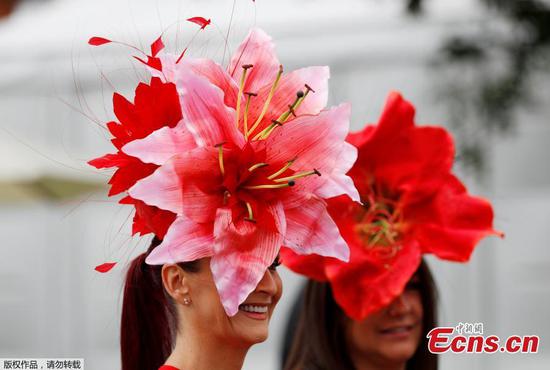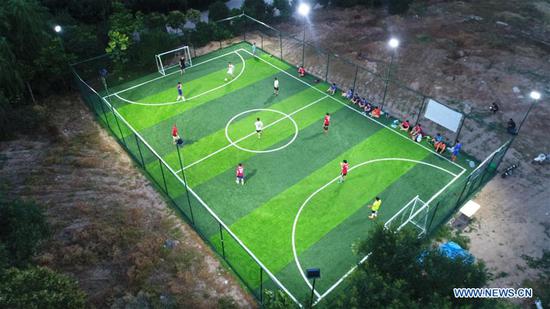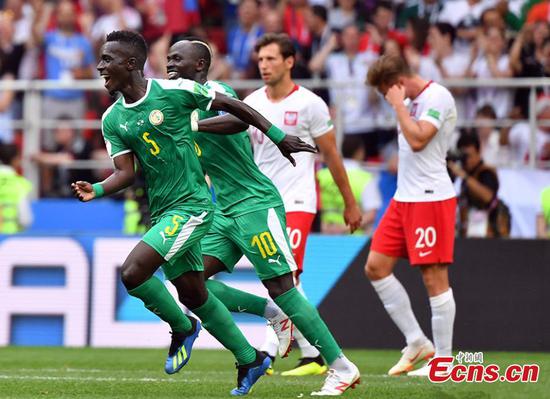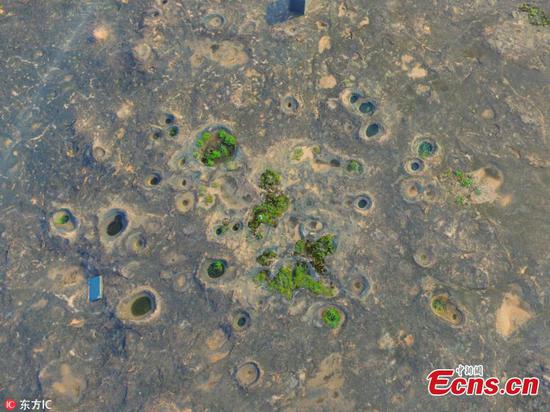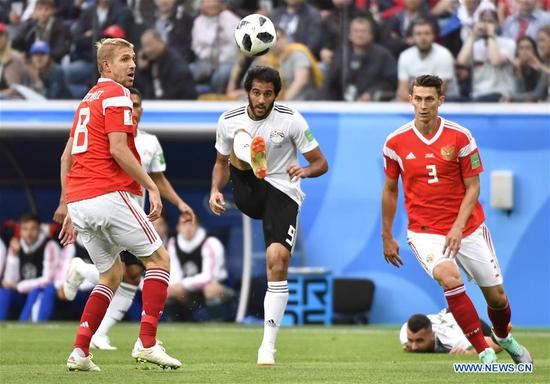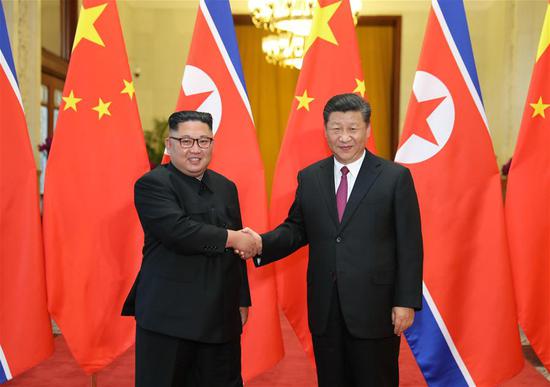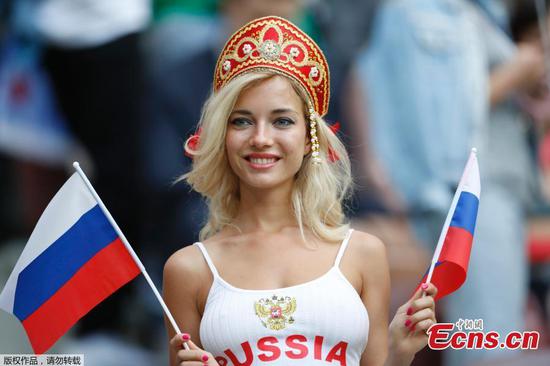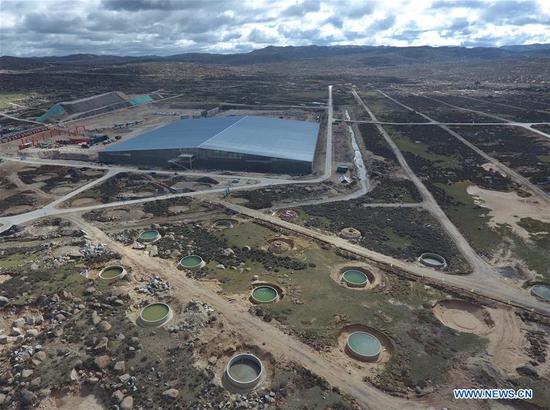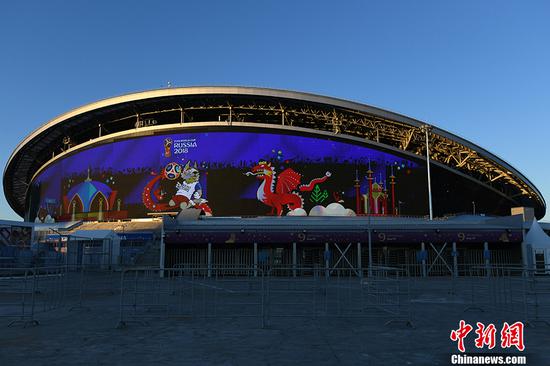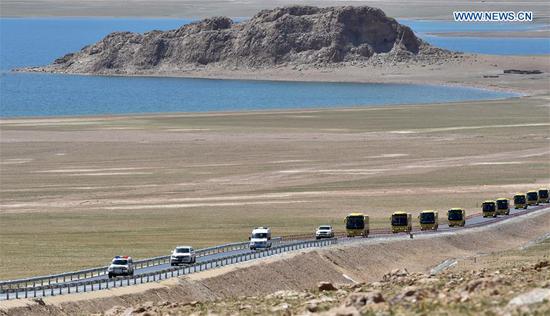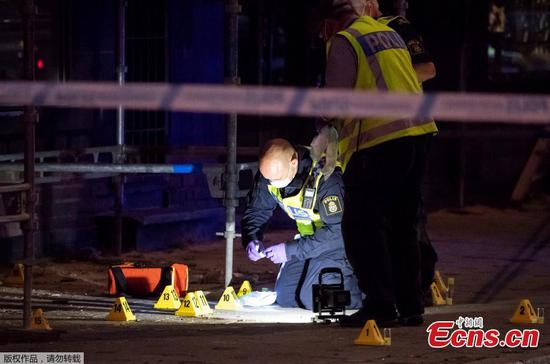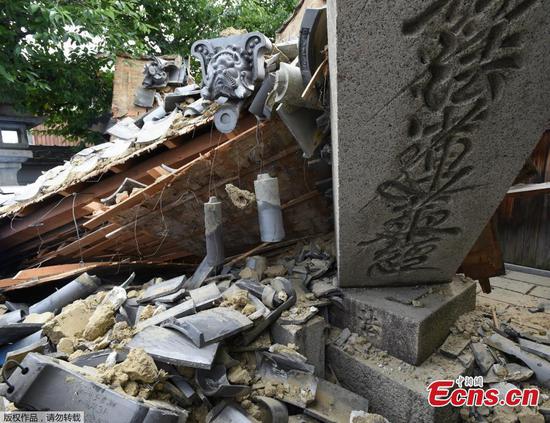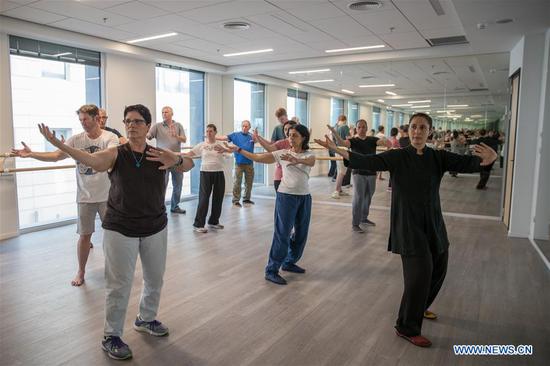German Chancellor Angela Merkel and French President Emmanuel Macron have reached agreement on what Merkel has called "a new chapter" in the history of Europe's single currency after lengthy discussions ahead of the upcoming European Union summit later this month.
Macron has secured his longed-for common budget for the eurozone, but has given way to Merkel on details such as the budget's long-term goals and size.
Other proposals they have agreed on include an expansion of the European border agency Frontex, joint measures to deal with Europe's migration crisis and the creation of a European Asylum Office to administer a harmonized approach to asylum across the EU. There will also be closer coordination on defense and foreign policy.
Speaking about the eurozone plan, Merkel said "The work in this area was certainly the most complicated but I think we have a good solution."
The budget would be assembled from a mixture of European funds, a financial transaction tax and national funds, and would come into force from 2021.
While eurozone countries would determine the overall strategy for the budget, the European Commission would administer it.
Macron said it would include some form of "governance", which is seen by some commentators as meaning a finance minister, an idea which he has long supported.
The plans do not go as far as Macron had hoped for with regard to closer EU integration, however, and specific details are still scarce at this stage-Marcon said that revealing them would be "counterproductive" when it came to reaching an agreement with other EU member states, but he insisted the meeting with Merkel had been a success.
"My goal was to offer an answer to the challenges we face and that's what we're doing," he said. "I'm very pragmatic. What do we have today? Nothing. What do we have tomorrow? A common eurozone budget."
Merkel added: "We're showing that we're not just working for ourselves but for the entire Union."
According to the Financial Times, Marcon's priority had been the "anchoring" of the idea of a budget, rather than fixing its specifics.
"It is important to cement the idea of a budget with its own tax resources and expenditures," an aide was quoted as saying.
The meeting's outcomes have received a generally positive response from economic observers.
"If we are creating a structure like a eurozone budget, expanding the ESM and completing banking union, that's actually big progress," said Jochen Andritzky, an analyst for the independent Brussels-based Bruegel think tank.
Jacob Kirkegaard, senior fellow at the Peterson Institute for International Economics, tweeted that it was "generally upper range of expectations with significant upside potential."









